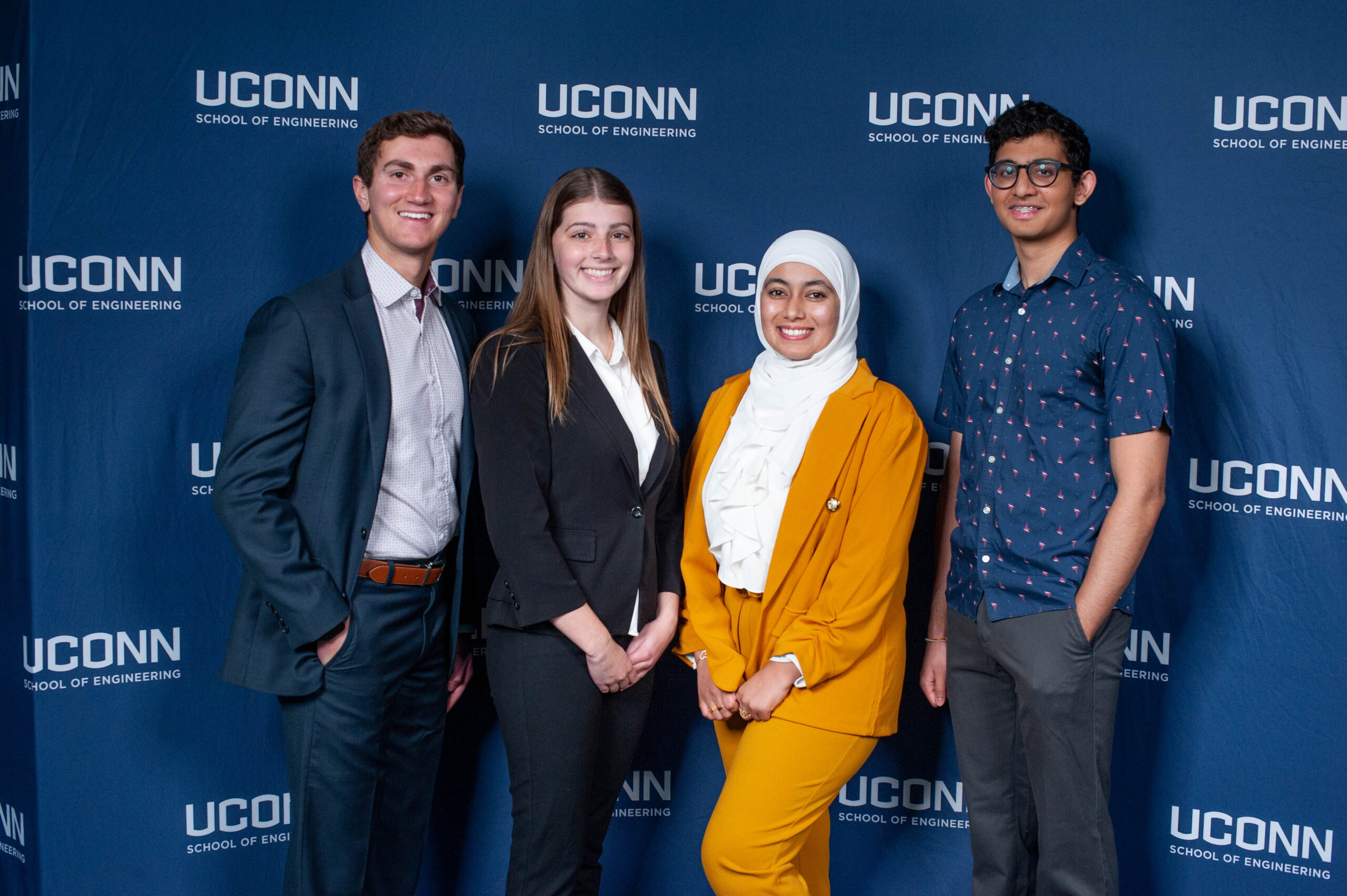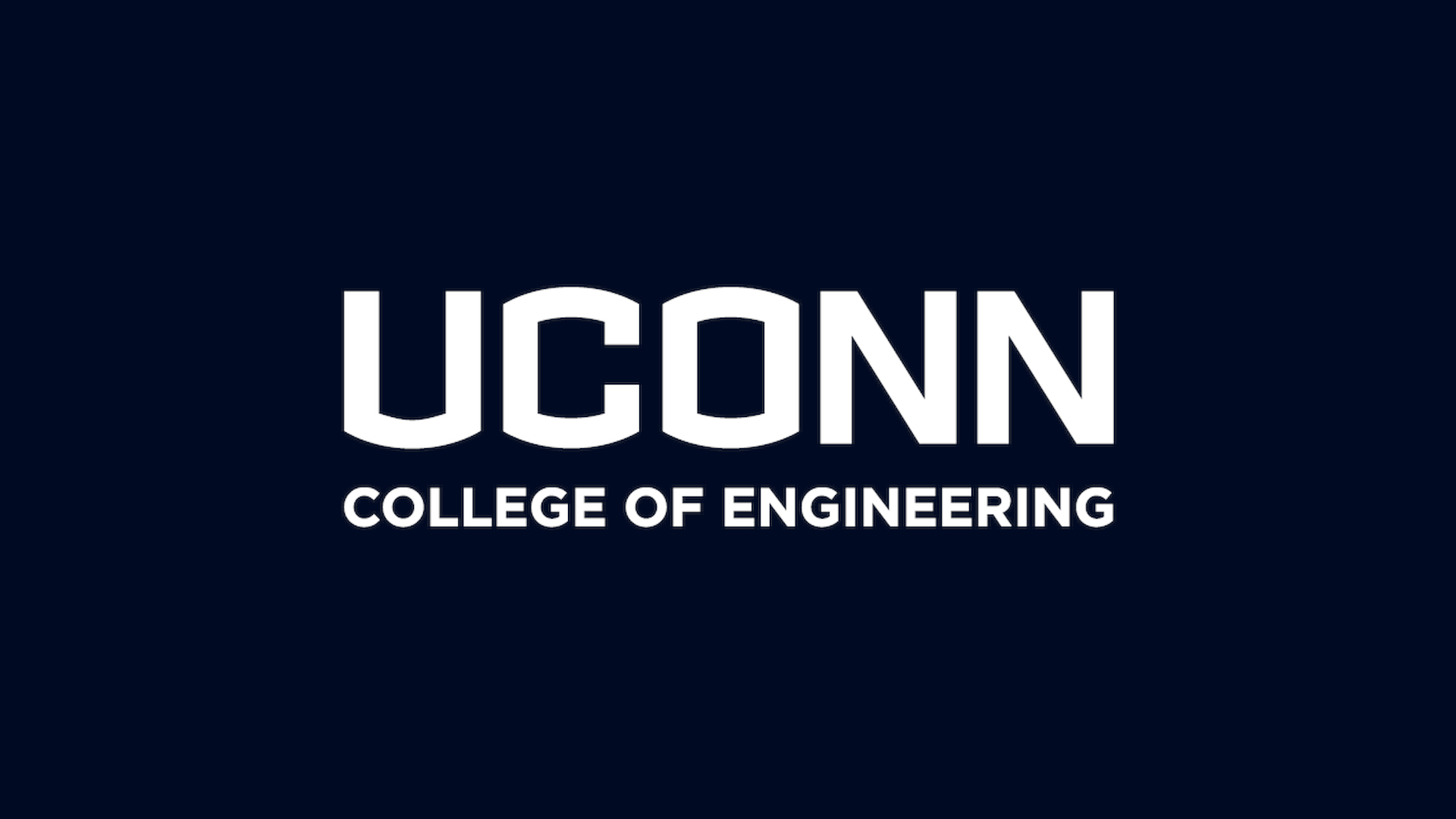

This video contains proprietary information and cannot be shared publicly at this time.
Team 12
Team Members |
Faculty Advisor |
Vaquero,Christopher |
Prof. K. Hoshino Sponsor UConn Biomedical Engineering Department |
sponsored by

Characterization of Cancer Organoid Models
One of the most important and saturated areas of research in biomedical engineering is the development of treatments for the many different types of cancer. This challenge has proven to be very difficult as every type of cancer and every cancer patient is different, meaning that one treatment may work on one patient but not another. Subjecting patients to multiple drug trials is both extremely demanding on the patient and unreasonably expensive. For this reason, engineers and scientists have begun testing potential cancer treatments on a primary cell culture grown from a sample of the patient’s tumor cells. These cancerous cells can be grown into a tumor organoid in vitro and tested to gauge their reactions to various potential cancer treatments. The purpose of this research project was to develop a three-dimensional cell culture environment that is able to support the growth of a breast cancer tumor organoid outside of the human body. This environment would need to allow for easy access and imaging of cells while also providing the necessary support for a three-dimensional organoid to thrive. CollaGel Matrix was chosen as the cell media because it simulates the three-dimensional extracellular matrix which is found inside of human body cells. Once the research team designed this three-dimensional environment, ZR751 cells were successfully cultured and imaged inside of it.
